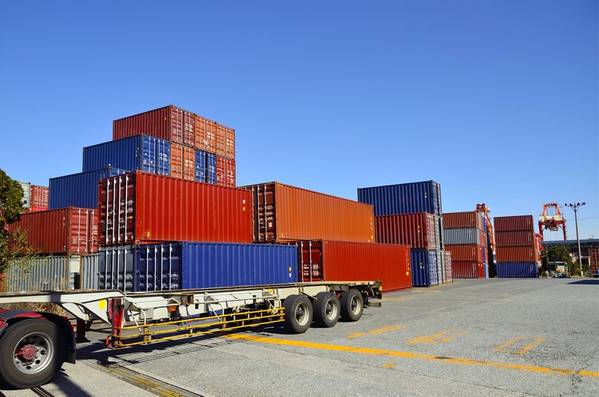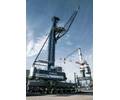
The EU Commission has put forward proposals for the most ambitious and comprehensive reform of the EU Customs Union since its establishment in 1968. The changes are expected to be implemented gradually from 2028.
The measures proposed will massively simplify customs processes for business, especially for the most trustworthy traders. Embracing the digital transformation, the reform will cut down on cumbersome customs procedures, replacing traditional declarations with a smarter, data-led approach to import supervision, says the Commission.
At the same time, customs authorities will have the tools and resources they need to properly assess and stop imports which pose real risks to the EU, its citizens and its economy. The reform responds to the current pressures under which EU Customs operates, including a huge increase in trade volumes, especially in e-commerce, a fast-growing number of EU standards that must be checked at the border, and shifting geopolitical realities and crises.
The reform simplifies and rationalises customs reporting requirements for traders, for example by reducing the time needed to complete import processes and by providing one single EU interface and facilitating data re-use. In this way, it helps deliver on President von der Leyen's aim to reduce such burdens by 25%, without undermining the related policy objectives.
A new EU Customs Authority will oversee an EU Customs Data Hub which will act as the engine of the new system. Over time, the Data Hub will replace the existing customs IT infrastructure in EU Member States, saving them up to €2 billion a year in operating costs. The new Authority will also help deliver on an improved EU approach to risk management and customs checks.
Businesses that want to bring goods into the EU will be able to log all the information on their products and supply chains into the new EU Customs Data Hub. The system will compile the data provided by business and – via machine learning, artificial intelligence and human intervention – provide authorities with a 360-degree overview of supply chains and the movement of goods.
Artificial intelligence will be used to analyse and monitor the data and to predict problems before the goods have even started their journey to the EU. This will allow EU customs authorities to focus their efforts and resources where they are needed most: to stop unsafe or illegal goods from entering the Union and to uphold the growing number of EU laws that ban certain goods that go against common EU values – for example in the field of climate change, deforestation, forced labour, to give just a few examples. It will also help to ensure proper collection of duties and taxes, to the benefit of national and EU budgets.
To help Member States prioritise the right risks and coordinate their checks and inspections – especially during times of crisis – information and expertise will be pooled and assessed at EU level via the new EU Customs Authority acting on the data provided through the EU Customs Data Hub.
The reform abolishes the current threshold whereby goods valued at less than €150 are exempt from customs duty, which is heavily exploited by fraudsters. Up to 65% of such parcels entering the EU are currently undervalued, to avoid customs duties on import. The reform also simplifies customs duty calculation for the most common low-value goods bought from outside the EU, reducing the thousands of possible customs duty categories down to only four. This will make it much easier to calculate customs duties for small parcels, helping platforms and customs authorities alike to better manage the one billion e-commerce purchases entering the EU each year. It will also remove the potential for fraud. The new, tailor-made e-commerce regime is expected to bring additional customs revenues to the tune of €1 billion per year.
In cases where business processes and supply chains are completely transparent, the most trusted traders (‘Trust and Check' traders) will be able to release their goods into circulation into the EU without any active customs intervention at all.
Under the proposals, the Data Hub will open for e-commerce consignments in 2028, followed (on a voluntary basis) by other importers in 2032. A review in 2035 will assess whether this possibility can be extended to all traders when the Hub becomes mandatory as from 2038.
The system has the support of trade and business associations who represent European Customs Brokers and freight forwarders, says the World Shipping Council. This includes the express delivery sector, the American businesses active in Europe, global and European shipping lines, European and international airlines, cargo owners, ship suppliers, manufacturers, retailers and wholesalers.
The coalition strongly agrees with the need to revamp the EU customs system to better reflect the need for balance between trade simplification and enforcement, to ensure a cohesive and harmonized interpretation of the rules across the EU and to better equip it in order to face current global challenges. It also says the EU should ensure that the reform is fully compatible with WTO rules and especially with the WTO Trade Facilitation Agreement.



